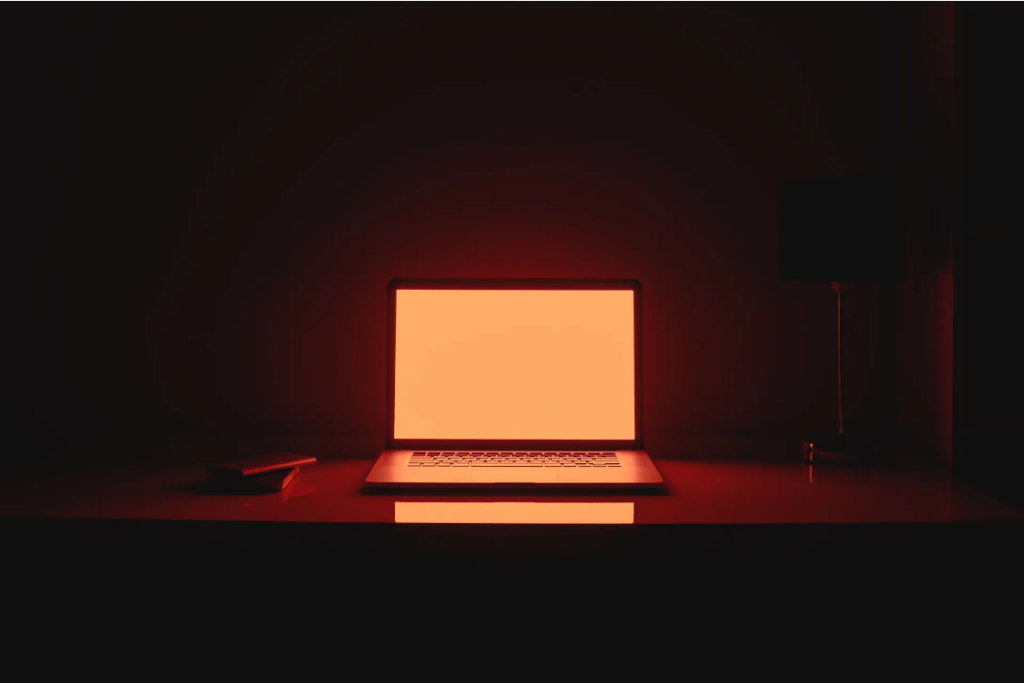
A group of over two dozen film studios has repeatedly taken popular VPN providers to court, sometimes extracting judgements worth millions of dollars in damages. While piracy remains the central issue, recent legal arguments employed by Hollywood studios have surpassed accusations of copyright infringement and delved into dirtier waters.
Filmmakers attempting to recoup revenue lost to piracy have long alleged that VPN companies both encourage online privacy and have clear-cut evidence that their customers are abusing the privacy and security provided by virtual private networks. But court records show that studios’ legal teams have also accused VPN providers of enabling illegal activity far beyond copyright infringement and, legal experts say, are challenging the notion that VPNs should exist at all.
In March, 26 film companies brought allegations against ExpressVPN and Private Internet Access (PIA), popular “no-log” VPN companies owned by Kape Technologies. The plaintiffs include production companies like Millennium, Voltage, and others behind a slate of popular films. The lawsuit centers on allegations of user privacy. However, court documents reviewed by WIRED reveal plaintiffs arguing that these VPN providers refuse to prevent users from using their services to commit serious illegal acts and run marketing campaigns that openly “boast” that law enforcement is unable to extract any information about their users.
Generally speaking, VPNs give users greater privacy protections by encrypting their online activity and rerouting it through the company’s servers, concealing their IP addresses. Many VPN providers, including ExpressVPN and PIA, claim to maintain “no logs” of their users’ internet activities. This means VPN providers can’t access data to turn over to police or comply with copyright infringement claims. Similar to arguments against comprehensive encryption, the film companies paint VPN providers as culpable in any crimes committed while using their services.